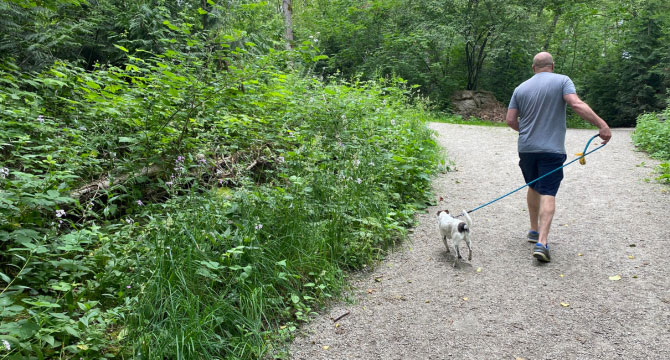
With recent hot, dry weather, the Vancouver Board of Parks and Recreation is reminding the public of regulations and guidelines to help keep our parks safe. Vancouver parks are currently designated as at ‘High’ risk by Metro Vancouver and conditions can escalate quickly. The public plays an important role in preventing and detecting wildfires.
How park users can help:
Lit cigarettes and open fires are the biggest causes of fires in parks. Smoking is prohibited in parks and on beaches year-round, as are open fires of any kind. In addition, park users can help prevent fires with early detection by following these rules and guidelines:
- Barbecues must be 75 cm (29.5 in) off the ground and are not permitted on or above sandy beach areas.
- Barbecues must be doused with cold water until they are fully extinguished and disposed of properly.
- Any form of wood burning is prohibited.
- Use designated picnic sites when possible. Always have a source of water available to extinguish any flare-ups.
- Stay on designated trails at all times.
- If you spot a fire, smell or see smoke, immediately call 9-1-1 and report your location.
What we do:
The Park Board works closely with Vancouver Fire and Rescue Services and Metro Vancouver to constantly monitor and protect Vancouver’s urban forest and keep the public updated.
When there is an increase in fire hazard ratings, we post signs at entrances to forested areas and post alerts to vancouver.ca, social media and other channels. We also reach out to those sheltering in parks to educate on fire dangers and prevention.
Our operational measures follow or exceed Metro Vancouver’s Wildfire Preparedness and Response guidance External website, opens in new tab to prevent and prepare for fires in parks, particularly in heavily treed areas. These include:
- Ensuring park operations vehicles are equipped with required fire season equipment.
- Strategic watering to minimize ignition risk in forested areas.
- Removing vegetation that encroaches onto roads and poses an ignition risk.
- Increasing patrols by Park Rangers.
- Conducting proactive outreach on park bylaws related to smoking prohibition, safe use of barbeques and fire prevention
For guidance on fire safety in parks, visit: vancouver.ca/fire-safety.